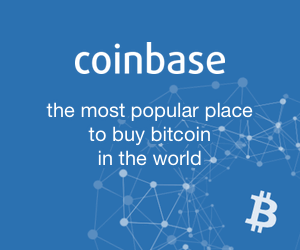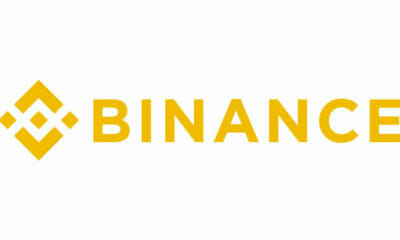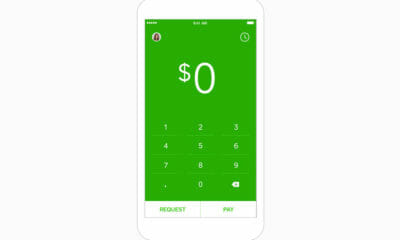For investors and traders familiar with the cryptocurrency market, it is not surprising that bitcoin is the dominant name among digital currencies. But even as the largest cryptocurrency tumbles, its share of alt-coin universe is increasing.
“During Thursday’s trade, the largest crypto made up 45.66 percent of the total market, its largest slice of the cryptocurrency pie since the beginning of the year,” according to Business Insider.
Late Wednesday, the total market value of all digital currencies was just over $300 billion. Using the $300 billion figure and trimming bitcoin’s market share to 45 percent, the result is bitcoin controlling $135 billion of the sprawling alt-coin space.
Room For Growth
The aforementioned $300 billion and $135 billion figures imply ample room for growth among all cryptocurrencies and bitcoin itself. Consider this: A market cap of $300 billion means that if all digital currencies were one company, that company would be just the 12th largest firm in the S&P 500, just behind Exxon Mobil Corp. (NYSE:XOM) and just ahead of Visa, Inc. (NYSE:V).
A combined market value of $300 billion means the entire digital currency landscape is not even half as large as Google parent Alphabet Inc. (NASDAQ:GOOGL). At a market capitalization of $135 billion, bitcoin is about the size of industrial conglomerate 3M Co. (NYSE:MMM) and slightly smaller than NVIDIA Corp. (NASDAQ:NVDA), maker of chips used to mine digital currencies.
As of March 29 (at this writing), bitcoin’s share of the crypto universe was 45.47 percent, to be precise. Ethereum was the only other crypto with double-digit market share at just under 14.50 percent. Ripple, Bitcoin Cash and Litecoin combine for about 14.40 percent of the market.
Bitcoin dominance may be increasing for simple reasons. First, it is the most widely accepted and used digital currency. Second, although bitcoin is seen as highly volatile relative to traditional fiat currencies, it is also viewed as the safe-haven in the crypto space. So when multiple digital currencies decline, some traders may be apt to view bitcoin as the safer bet based on the factors of size and acceptance. Of course, bitcoin’s first mover advantage also plays a part in traders’ preference in times of increased crypto market volatility.
Adding to the long-term growth case for digital currencies is still low ownership among investors. A recent study by Finder.com found that less than 8 percent of Americans own cryptocurrencies, bitcoin or otherwise. Conversely, 58 percent of Americans say they own stocks.


















